Facilitated by: José Jódar, The Cash Learning Partnership (CaLP)
When: June 17, 2020
What time: 2:00 PM Pakistan Standard Time
Where: ZOOM – Link to be shared
Language: English
How long: 75 minutes
Format: Presentation, discussion and sharing of Best Practices
Who is it for: Humanitarian and development practitioners requiring a better understanding of Cash and Voucher Assistance with a special focus in responding to the COVID-19 pandemic.
Purpose: To ensure participants have a sound understanding of Cash and Voucher Assistance (CVA) as a modality response to different types of crises and emergencies with a special focus on responding to the COVID-19 pandemic. Through this webinar, participants will:
- Understand CVA as a modality response to crises
- Discuss how CVA will be adapted to COVID-19 response
- Share best practices about CVA and COVID-19 response
Background
Community World Service Asia and the Cash Learning Partnership (CaLP) are jointly hosting this webinar on Cash and Voucher Assistance in response to COVID-19.
Cash and Voucher Assistance (CVA) is being increasingly used as a response modality to different types of crises and in very diverse contexts. CVA is able to cover a wide range of needs contributing to restoring the dignity to people affected by crises. The COVID-19 pandemic is negatively impacting the global economy and will have a long-lasting impact, particularly on low-income countries and crisis contexts, if not mitigated in a timely and well-targeted manner. CVA is seen by some as a safer option for providing rapid relief where conditions allow and is able to cover the needs of the various affected populations, adapting to remote management styles and better integrates with local systems. This webinar will focus on how delivery through cash can effectively meet needs and promote recovery at scale and within the timeline required to mitigate the worst impacts of this pandemic. Working with, and alongside social protection systems to mitigate the economic impacts of COVID-19 on the most vulnerable people will also be discussed.
A specific focus will be laid on:
- CVA fundamentals as a modality response to crisis
- CVA and COVID-19 response- main considerations throughout the programme cycle
- CVA and COVID-19 response- best practices and experiences from the field
This 75-minute webinar will also give participants an opportunity to share existing best practices and ask practical questions about CVA key debates and policies, practices, common standards and other issues.
Recommended reading & learning prior to the webinar:
- COVID19 in COVID-19 Contexts: Guidance from the CaLP network
- Cash and Voucher Assistance – The Fundamentals (free e-learning/4 hours)
https://www.calpnetwork.org/course/cash-and-voucher-assistance-cva-the-fundamentals/
Community World Service Asia (CWSA) is a humanitarian and development organization, registered in Pakistan, head-quartered in Karachi and implementing initiatives throughout Asia. CWSA is member of the Core Humanitarian Standard (CHS) Alliance, a member of Sphere and their regional partner in Asia and also manages the ADRRN Quality & Accountability Hub in Asia.
The Cash Learning Partnership (CaLP) is a global partnership of humanitarian actors engaged in policy, practice and research within Cash and Voucher Assistance (CVA). CaLP currently has over 80 members who collectively deliver the vast majority of CVA in humanitarian contexts worldwide. Our members include UN agencies, Red Cross Red Crescent Movement, local and international NGOs, donors and private sector organisations. CaLP believes that when appropriately incorporated into humanitarian response planning, CVA presents opportunities for effective and efficient programming to meet the needs of people and communities affected by crises. With the number, scale and complexity of humanitarian crises increasing, CaLP acts as a catalyst for positive transformation within the sector. Bringing organizations together to strengthen capacity, knowledge, coordination and policy for CVA.
If you wish to participate, kindly register here: Webinar Registration
Applicants will be informed by 12th June 2020 about their confirmation status. Up to 200 participants will be accommodated on a first come first serve basis. We would appreciate anyone willing to share some best practices on CVA, kindly indicate in the registration form and up to 4 participants will be selected to share their experiences.
Webinar Moderator & Facilitator:
 José Jódar is the Senior Technical Officer at CaLP and joined them in July 2019 after more than 12 years of work experience in multi-sectoral emergencies, livelihoods/food security and Cash & Vouchers Assistance programs with different organizations (mainly Spanish Agency for International Development Cooperation AECID, Spanish Red Cross/International Red Cross and Red Crescent Movement and Action Against Hunger) and in several contexts: Latin America, Sub-Saharan Africa and, lately, MENA region. José holds a PhD in International Cooperation and Development Studies (University of Murcia, Spain) and a Master’s degree in Africa Studies (major in African Politics) at School of Oriental and African Studies (SOAS, London). He has a wide range of experience in CVA design and implementation, technical advisory, capacity building and both technical and institutional coordination.
José Jódar is the Senior Technical Officer at CaLP and joined them in July 2019 after more than 12 years of work experience in multi-sectoral emergencies, livelihoods/food security and Cash & Vouchers Assistance programs with different organizations (mainly Spanish Agency for International Development Cooperation AECID, Spanish Red Cross/International Red Cross and Red Crescent Movement and Action Against Hunger) and in several contexts: Latin America, Sub-Saharan Africa and, lately, MENA region. José holds a PhD in International Cooperation and Development Studies (University of Murcia, Spain) and a Master’s degree in Africa Studies (major in African Politics) at School of Oriental and African Studies (SOAS, London). He has a wide range of experience in CVA design and implementation, technical advisory, capacity building and both technical and institutional coordination.
Speakers:
 Regina “Nanette” Salvador-Antequisa is the founding Executive Director of the Ecosystems Work for Essential Benefits, Inc. (ECOWEB) in the Philippines and convenor of the Community Led Emergency Action Response Network (CLEARNet) in the Philippines that actively promotes survivor and community-led response (sclr) to crisis approach – a humanitarian-development-peace nexus advocacy in action. She has been involved with peace and development work for over 25 years and is engaged in local and national policy advocacy on the issues of disaster, poverty, conflict, environment and governance. Regina is currently the sectoral representative of the Victims of Disaster and Calamities sector to the government’s National Anti-Poverty Commission. She is actively involved in international advocacy on localization of humanitarian aid through her engagement with the global Alliance for Empowering Partnerships (A4EP), Charter4Change, Local to Global Protection and participation in the World Humanitarian Action Forum.
Regina “Nanette” Salvador-Antequisa is the founding Executive Director of the Ecosystems Work for Essential Benefits, Inc. (ECOWEB) in the Philippines and convenor of the Community Led Emergency Action Response Network (CLEARNet) in the Philippines that actively promotes survivor and community-led response (sclr) to crisis approach – a humanitarian-development-peace nexus advocacy in action. She has been involved with peace and development work for over 25 years and is engaged in local and national policy advocacy on the issues of disaster, poverty, conflict, environment and governance. Regina is currently the sectoral representative of the Victims of Disaster and Calamities sector to the government’s National Anti-Poverty Commission. She is actively involved in international advocacy on localization of humanitarian aid through her engagement with the global Alliance for Empowering Partnerships (A4EP), Charter4Change, Local to Global Protection and participation in the World Humanitarian Action Forum.
 Sudhanshu S. Singh is a humanitarian and development professional with over 32 years of global experience in the sector. Sudhanshu is founder and CEO of Humanitarian Aid International (HAI) which aims to become the first Indian organisation, working globally with the Indian identity on poverty alleviation and disaster management. HAI is also currently hosting the international secretariat of Charter4Change.
Sudhanshu S. Singh is a humanitarian and development professional with over 32 years of global experience in the sector. Sudhanshu is founder and CEO of Humanitarian Aid International (HAI) which aims to become the first Indian organisation, working globally with the Indian identity on poverty alleviation and disaster management. HAI is also currently hosting the international secretariat of Charter4Change.
Sudhanshu has worked with several international organisations at the Asia-Pacific level, and has been involved in managing responses to almost all major disasters in the Asia-Pacific region since 2001. He has been closely engaged with Agenda for Humanity, Grand Bargain and Charter for Change and was member of the steering group of World Humanitarian Action Forum (WHAF). Sudhanshu is also one of the founders and the international coordinator for Alliance for Empowering Partnerships (A4EP).







 MS. Qingrui Huang Qingrui is Acting Regional Representative for Asia and the Pacific at ICVA, a global network of NGOs whose mission is to make humanitarian action more principled and effective by working collectively and independently to influence policy and practice. She has over 15 years’ experience in technical advisory and program management with both UN agencies and NGOs in the areas of humanitarian and development in Asia, particularly in China, Myanmar and Thailand. In her current role, Qingrui closely works with ICVA members, NGOs and NGO networks, and humanitarian partners such as UN agencies and donors to ensure the humanitarian actions in Asia and the Pacific are more coordinated, accountable and inclusive.
MS. Qingrui Huang Qingrui is Acting Regional Representative for Asia and the Pacific at ICVA, a global network of NGOs whose mission is to make humanitarian action more principled and effective by working collectively and independently to influence policy and practice. She has over 15 years’ experience in technical advisory and program management with both UN agencies and NGOs in the areas of humanitarian and development in Asia, particularly in China, Myanmar and Thailand. In her current role, Qingrui closely works with ICVA members, NGOs and NGO networks, and humanitarian partners such as UN agencies and donors to ensure the humanitarian actions in Asia and the Pacific are more coordinated, accountable and inclusive. Mr. Hafiz AMIRROL Hafiz is the network coordinator for Asia Disaster Reduction and Response Network (ADRNN), a network of 52 civil society organizations across Asia that focuses on disaster risk reduction, and disaster response and preparedness. Hafiz is also Head of Strategic Planning and Building Resilient Communities at MERCY Malaysia. Hafiz is an urban designer and also a lecturer/researcher in the field of architecture, urbanism and city planning.
Mr. Hafiz AMIRROL Hafiz is the network coordinator for Asia Disaster Reduction and Response Network (ADRNN), a network of 52 civil society organizations across Asia that focuses on disaster risk reduction, and disaster response and preparedness. Hafiz is also Head of Strategic Planning and Building Resilient Communities at MERCY Malaysia. Hafiz is an urban designer and also a lecturer/researcher in the field of architecture, urbanism and city planning. Ms. Dear NB Sinandang Dear is Communication and Partnership Manager of Humanitarian Forum Indonesia, a forum of faith-based organizations in Indonesia that was established in 2008. She has over 10 years’ experience in project management, capacity building programs, network management, and coordination and partnership with humanitarian key actors in the areas of humanitarian assistance and disaster management in Indonesia. In her current role, Dear closely works with HFI members, and humanitarian partners such as UN agencies, Red Cross, NGOs/INGOs, private sector, academia, donors, and regional to global networks.
Ms. Dear NB Sinandang Dear is Communication and Partnership Manager of Humanitarian Forum Indonesia, a forum of faith-based organizations in Indonesia that was established in 2008. She has over 10 years’ experience in project management, capacity building programs, network management, and coordination and partnership with humanitarian key actors in the areas of humanitarian assistance and disaster management in Indonesia. In her current role, Dear closely works with HFI members, and humanitarian partners such as UN agencies, Red Cross, NGOs/INGOs, private sector, academia, donors, and regional to global networks. Mr. Takeshi Komino – Secretary General, Asian Disaster Reduction and Response Network (ADRRN) Takeshi currently serves as General Secretary of CWS Japan and a member of Executive Committee of Asian Disaster Reduction and Response Network (ADRRN) as Secretary General. He also serves as Co-chairperson of Japan Platform, and joint secretariat of Japan CSO Coalition for DRR (JCC-DRR), as well as the chairperson of Japan Quality and Accountability Network (JQAN).
Mr. Takeshi Komino – Secretary General, Asian Disaster Reduction and Response Network (ADRRN) Takeshi currently serves as General Secretary of CWS Japan and a member of Executive Committee of Asian Disaster Reduction and Response Network (ADRRN) as Secretary General. He also serves as Co-chairperson of Japan Platform, and joint secretariat of Japan CSO Coalition for DRR (JCC-DRR), as well as the chairperson of Japan Quality and Accountability Network (JQAN).
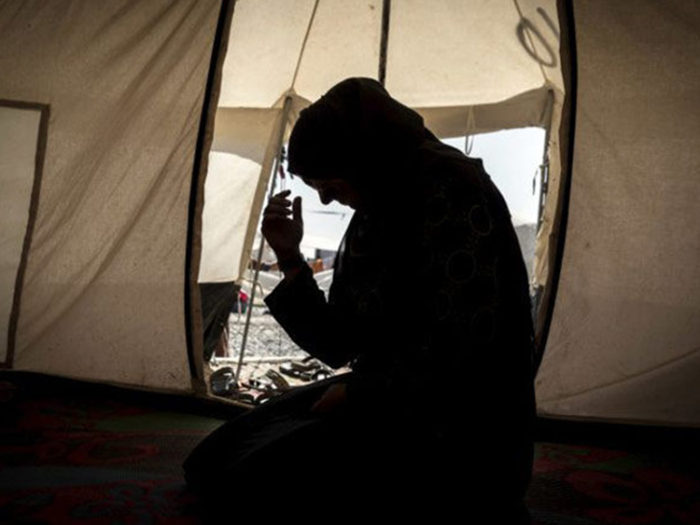
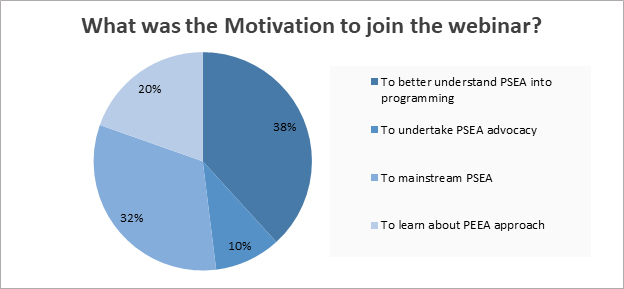
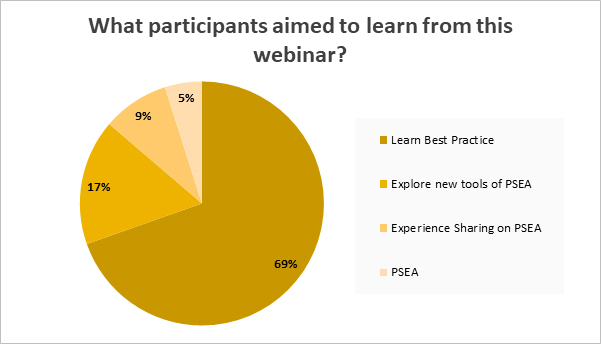
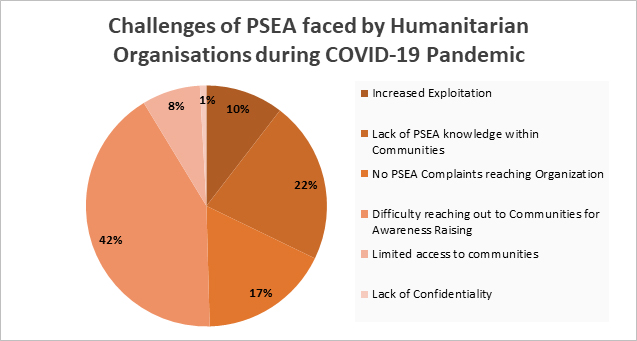


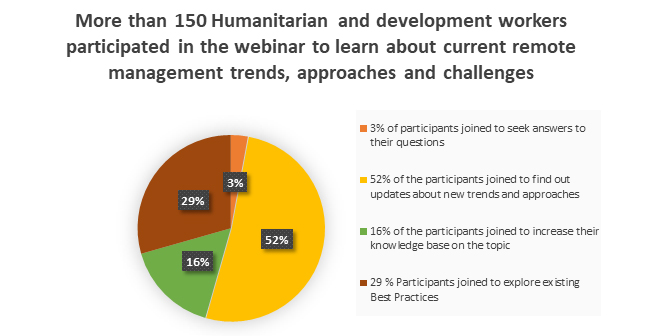
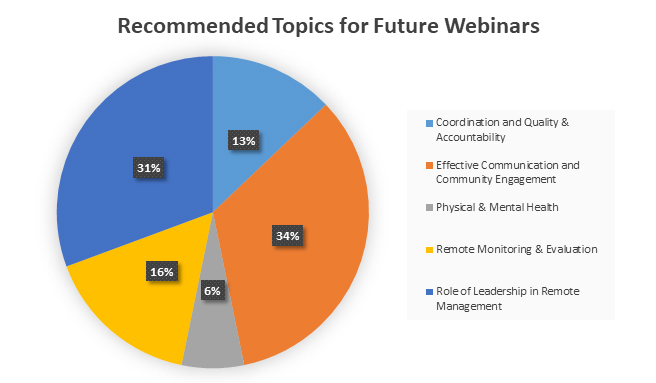





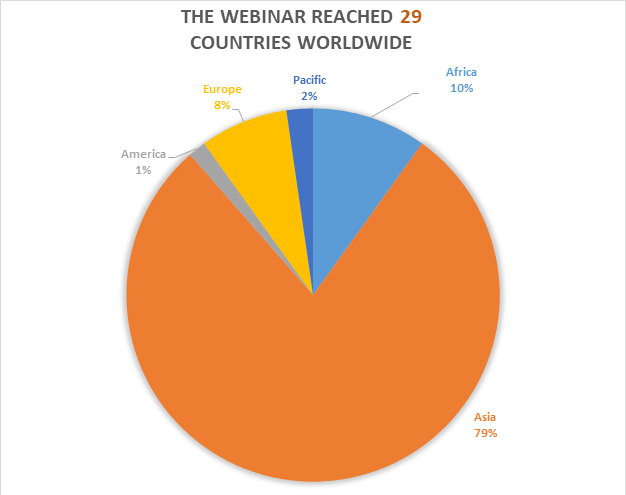
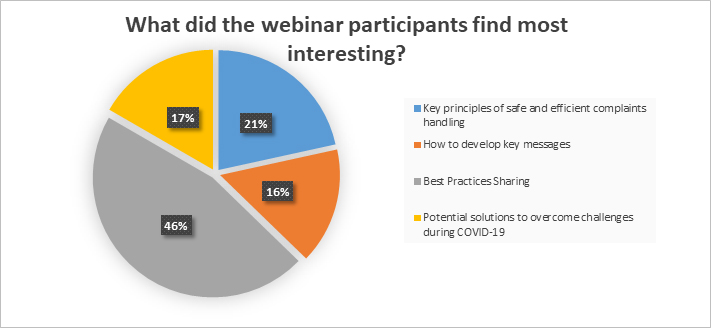

 Ester Dross – Independent Consultant
Ester Dross – Independent Consultant

 James Thomson is the Senior Protection and Policy Advisor at Act for Peace. For the past two decades has specialised protection advocacy, standard-setting, programming and capacity development. He has extensive experience as a protection trainer, has delivered over 30 protection trainings for local organisations and communities, and worked closely with local partners in a wide variety of contexts to support capacity development, program design, policy development and advocacy. Over the past 20 years, he has also engaged extensively in a wide range of protection policy, standard-setting and practice initaitves at the regional and global level.
James Thomson is the Senior Protection and Policy Advisor at Act for Peace. For the past two decades has specialised protection advocacy, standard-setting, programming and capacity development. He has extensive experience as a protection trainer, has delivered over 30 protection trainings for local organisations and communities, and worked closely with local partners in a wide variety of contexts to support capacity development, program design, policy development and advocacy. Over the past 20 years, he has also engaged extensively in a wide range of protection policy, standard-setting and practice initaitves at the regional and global level.

 Ms. Uma Narayanan, specializes in human resources, organizational development and accountability for medium to large-scale organizations in the humanitarian sector. Ms. Narayanan has a background in International Organizational and Systems Development and worked as an Organization Development and Human Resources practitioner mostly in Southeast Asia and South Asia, for more than a decade. In her OD capacity, she has carried out numerous assignments on program reviews, evaluations and organizational assessments.
Ms. Uma Narayanan, specializes in human resources, organizational development and accountability for medium to large-scale organizations in the humanitarian sector. Ms. Narayanan has a background in International Organizational and Systems Development and worked as an Organization Development and Human Resources practitioner mostly in Southeast Asia and South Asia, for more than a decade. In her OD capacity, she has carried out numerous assignments on program reviews, evaluations and organizational assessments.